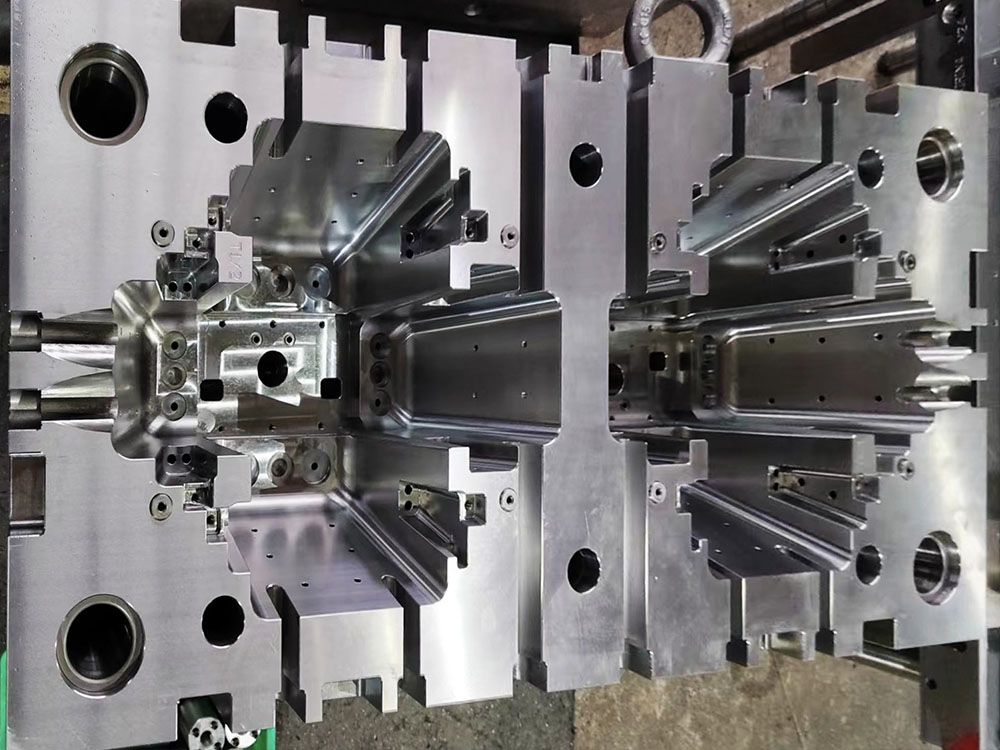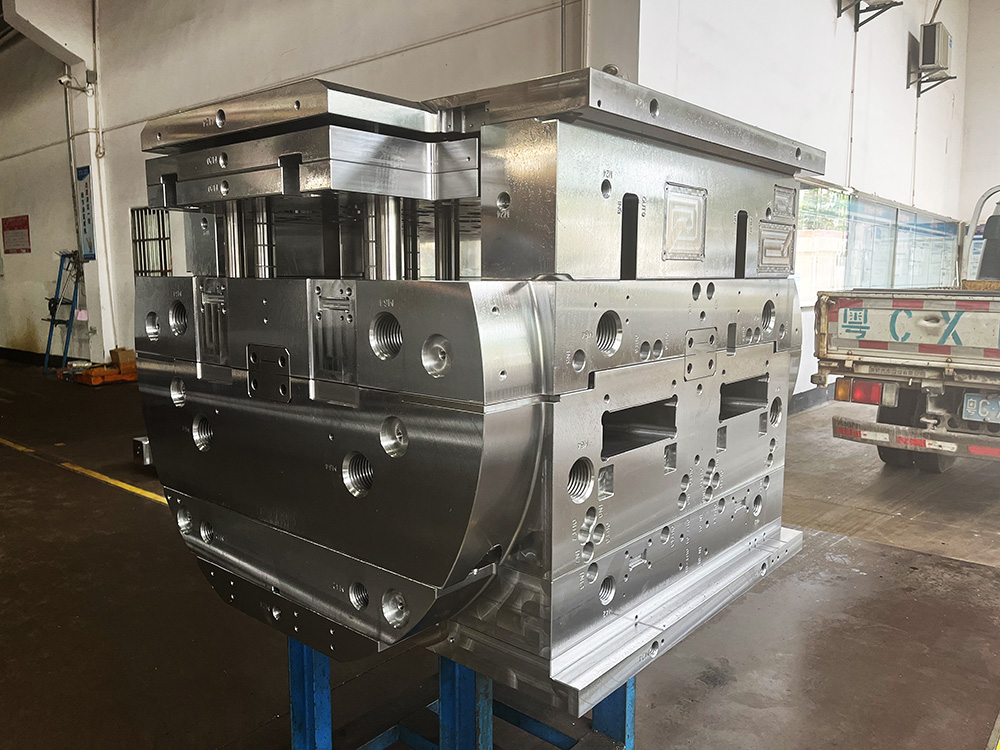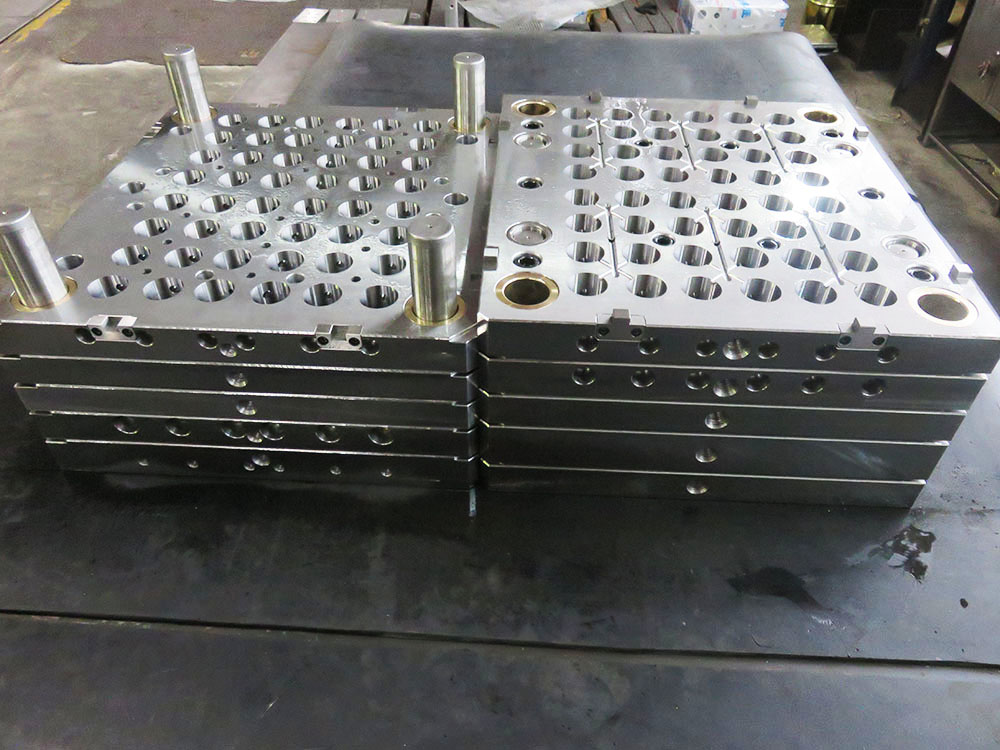Effective Communication with Customers in the Mold Base Industry
In the mold base industry, effective communication with customers plays a crucial role in ensuring customer satisfaction and successful business operations. Clear and professional communication allows for accurate understanding of customer requirements, reduces misunderstandings, and helps forge strong relationships with clients. In this article, we will outline some key strategies for effective communication with customers in the mold base industry.
1. Active Listening
Active listening is an essential skill for effective communication with customers. When engaging in conversations with customers, it is important to fully focus and attentively listen to their needs, concerns, and feedback. By actively listening, you demonstrate that their opinions are valued, and you can better understand their specific requirements, expectations, and preferences.
2. Clarity and Simplicity
When communicating with customers, it is crucial to use clear and concise language to avoid misunderstandings. Customers in the mold base industry may come from different backgrounds and have varying levels of technical expertise. Therefore, it is important to use simple and jargon-free language to ensure that customers clearly understand the information being conveyed. Presenting complex technical information in an easily understandable manner will enhance customer satisfaction.
3. Prompt and Timely Responses
Prompt and timely responses demonstrate professionalism and dedication to customer service. In the mold base industry, customers may have urgent inquiries or require immediate assistance. It is vital to respond to customer queries, requests, or concerns in a timely manner. This reassures customers that their needs are being prioritized and strengthens the overall customer experience.
4. Tailored Communication
Each customer is unique, and their requirements may vary. Tailoring communication to the individual customer's needs is important in the mold base industry. By understanding the customer's background, specific project details, and preferences, you can customize communication to match their expectations. This personalized approach helps build trust and fosters long-lasting relationships with customers.
5. Professional Language and Tone
Using a professional language and tone in all interactions with customers is crucial for maintaining a positive brand image. The mold base industry often involves technical discussions, and it is essential to use appropriate terminology and a respectful tone. Maintaining professionalism in communication builds confidence in customers and ensures that they perceive your company as a reliable and trustworthy partner.
6. Cultural Sensitivity
The mold base industry operates globally, with customers from diverse cultural backgrounds. Cultural sensitivity is essential in these interactions. It is important to be aware of cultural differences in communication styles, gestures, and expectations. Respecting and adapting to different cultural norms will help foster effective communication and build strong relationships with customers from around the world.
7. Effective Questioning
Asking effective questions is a powerful tool for understanding customer requirements and addressing their concerns. By asking well-planned and relevant questions, you can gather crucial details that help you meet customers' expectations. Open-ended questions encourage customers to express their ideas and preferences, while closed-ended questions can be used for clarifications or when seeking specific information.
8. Regular Follow-ups
Regular follow-ups with customers demonstrate your commitment to their satisfaction. After delivering the mold base products or services, it is important to reach out to ensure that everything meets their expectations. Follow-up communication provides an opportunity to gather feedback, address any concerns or issues, and maintain a positive relationship with customers.
In conclusion, effective communication with customers is vital in the mold base industry. Through active listening, clarity and simplicity, prompt responses, tailored communication, professional language and tone, cultural sensitivity, effective questioning, and regular follow-ups, you can enhance customer satisfaction, strengthen business relationships, and drive success in this industry.




